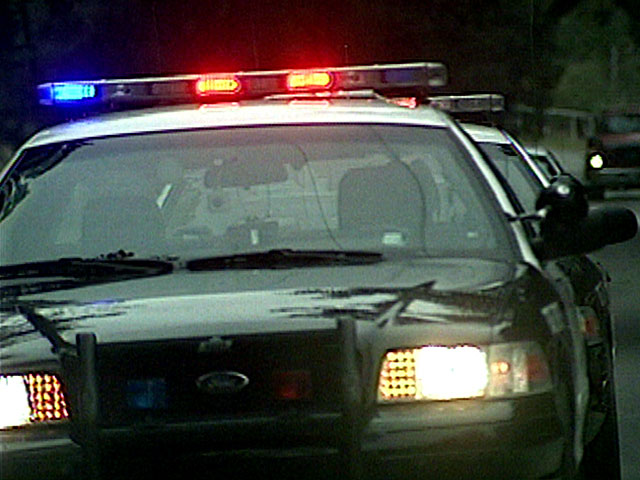Over 20 years of legal experience
Calabasas Probation Violation Lawyer
When a person is placed on either felony or misdemeanor probation, there are certain terms and conditions that must be complied with. These are called the conditions of probation. There are virtually hundreds of things that can be imposed upon a defendant as a condition of probation, depending upon the crime he or she was convicted of. One of the most common violations of probation is the arrest for a subsequent crime while on probation.

The District Attorney’s office has the option of filing a new case for criminal prosecution and/or advising the court that imposed the probation of the alleged violation, which in effect mean that the Defendant has two problems. Alternatively, the district attorney may elect not to file the new case, in the interest of judicial economy, but merely notify the court that imposed the probation of the violation, and request that the court set a probation violation hearing. Probation violation hearings are very critical because one is not entitled to a jury trial, and the court is not bound by the reasonable doubt rule. In a probation violation hearing, if the court determines by a preponderance of the evidence that the defendant is in violation of probation, the defendant can be violated, and at that point, depending upon the seriousness of the violation, the judge has broad discretion with respect to punishment. If the violation is serious, the defendant could be immediately sentenced to a specified period of time in custody, which could result in incarceration for up to the maximum amount of jail time which is permissible for the particular crime or crimes the defendant was convicted of.
If the violation was not a serious violation the judge could modify probation without added jail time, but impose additional condition of probation and even extend the period of probation beyond its original termination date. If the violation is merely technical, the judge has the option to violate the defendant’s probation and reinstate it without sanctions.



